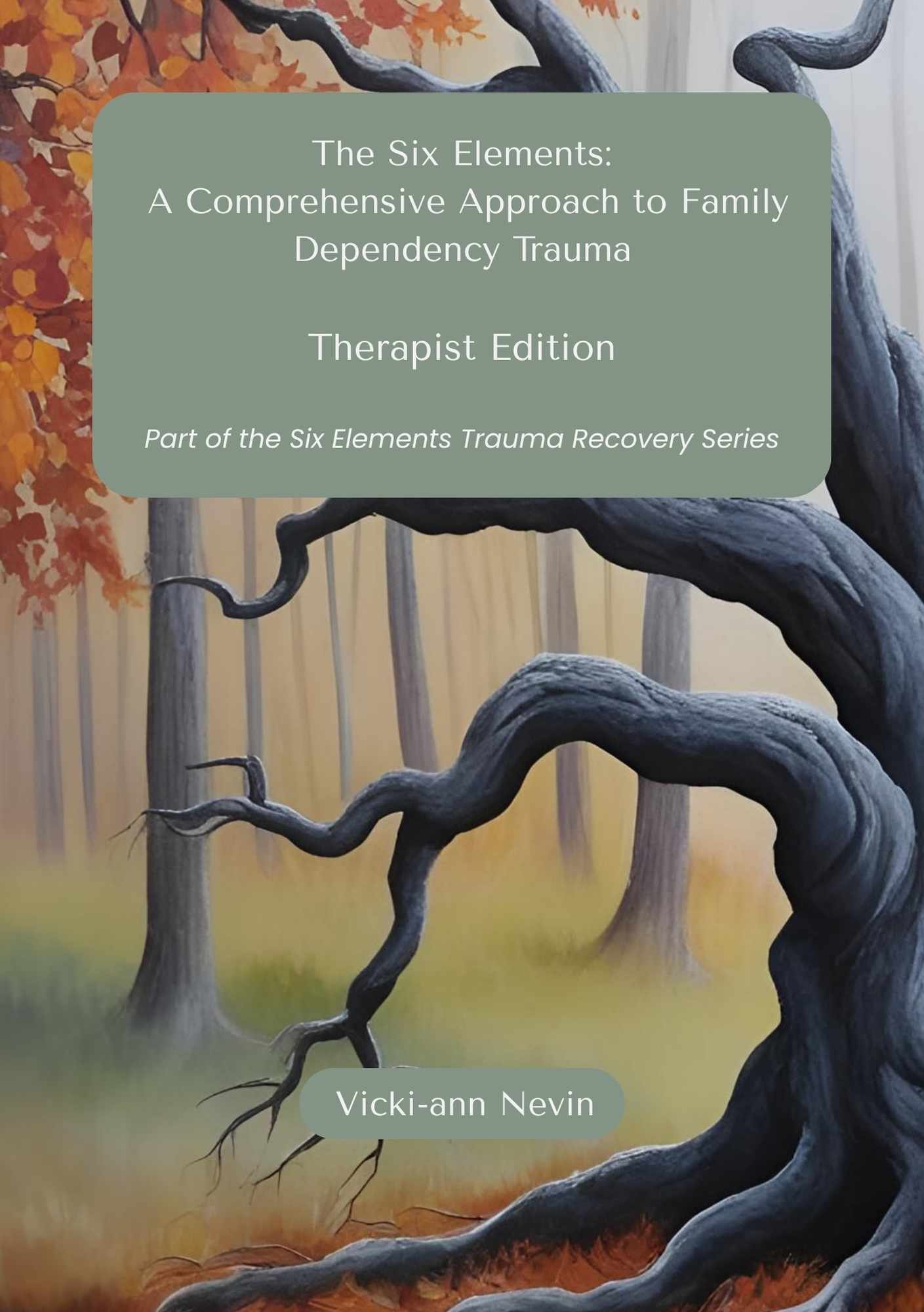The Silent Scars: Big T and Little t Trauma
Understanding the Impact of Little t Trauma: A Guide for Therapists
As clinicians, we are well-versed in supporting clients who have experienced “Big T” Trauma-those acute, life-altering events that are easily recognised and often meet clear diagnostic criteria. Car accidents, natural disasters, and violent incidents are obvious in their impact on the brain and behaviour. Yet, just as crucial to our practice is the recognition of “little t” trauma, particularly when it stems from the ongoing actions of parents or caregivers who struggle with dependencies, whether substance-related or behavioural.
Recognising the Patterns of Little t Trauma in Dependent Households
In many cases, little t trauma arises not from a single event, but from a pattern of chronic invalidation and emotional neglect. This is especially true when parents or caregivers are preoccupied with their own dependencies. Children in these environments may experience repeated dismissals, unpredictable moods, or emotional unavailability, all of which undermine their sense of safety and self-worth.
Consider the client who hesitates to express their feelings after years of being ignored or belittled by a parent preoccupied with alcohol, gambling, or another dependency. Or the adult who struggles with self-doubt after growing up in a home where their achievements were routinely overlooked because a caregiver’s addiction took centre stage. These are not isolated incidents, but persistent experiences that quietly shape a person’s relationship with themselves and others.
The Role of Invalidation and its Clinical Significance
From a therapeutic standpoint, the damage of little t trauma is often compounded by the lack of validation that follows these experiences. When children reach out for support but are met with indifference or told they are “overreacting,” the pain is internalised. This is particularly common in families where dependency issues dominate, as the caregiver’s focus remains on their own needs rather than the child’s emotional reality.
This ongoing invalidation can lead to:
Emotional dysregulation, with clients swinging between numbness and intense emotion
Maladaptive coping strategies, such as self-silencing or people-pleasing, developed to avoid further rejection
Physical symptoms linked to chronic stress, including anxiety and depression
Deep-seated doubts about the legitimacy of their own feelings and experiences
The Challenge of Recognition and Treatment
Little t trauma can be difficult to identify, both for clients and clinicians, precisely because it often appears “minor” compared to more dramatic forms of trauma. In families affected by dependency, these patterns may be normalised or minimised, leaving clients without the language or confidence to articulate their distress. This can create a blind spot in therapy, where significant contributors to a client’s difficulties remain unaddressed.
Therapeutic Approaches for Healing Dependency-Related Trauma
Recognising the impact of little t trauma, especially when linked to parental or caregiver dependency, is the first step in helping clients heal. As therapists, validating these experiences-regardless of whether they fit traditional trauma definitions-lays the groundwork for meaningful change.
Effective interventions include:
Using validation as a core therapeutic tool
Employing narrative techniques to help clients make sense of their experiences
Incorporating somatic awareness practices to address the physical toll of chronic invalidation
Focusing on attachment-based work to repair relational wounds
By supporting clients to acknowledge and process these accumulated hurts, we empower them to reclaim their emotional autonomy and build healthier relationships.
Enhance Your Practice with Targeted Resources
Many clients will resonate deeply with this understanding of little t trauma, particularly those who grew up in homes affected by dependency. Their experiences matter, and with the right therapeutic support, they can develop more adaptive ways of relating to themselves and others.
To help you address these challenges in your practice, explore our range of evidence-based Little t Trauma resources. Our workbooks and client worksheets are specifically designed to tackle the effects of chronic invalidation in families with dependency issues. These tools integrate easily into your existing modalities and provide fresh insights for working with clients who have been impacted by the hidden trauma of caregiver dependency.
Clinicians using these resources report:
Quicker identification of invalidation patterns rooted in dependency
Greater client engagement and validation
Improved outcomes in treating anxiety, depression, and relational difficulties
Enhanced client self-awareness and emotional regulation
Support your clients in breaking the cycle of trauma and dependency.
Add This Workbook to My Therapy Resources
Help your clients transform their relationship with these challenging experiences while enhancing your professional toolkit. Your expertise combined with these specialised resources creates a powerful foundation for lasting therapeutic change.


